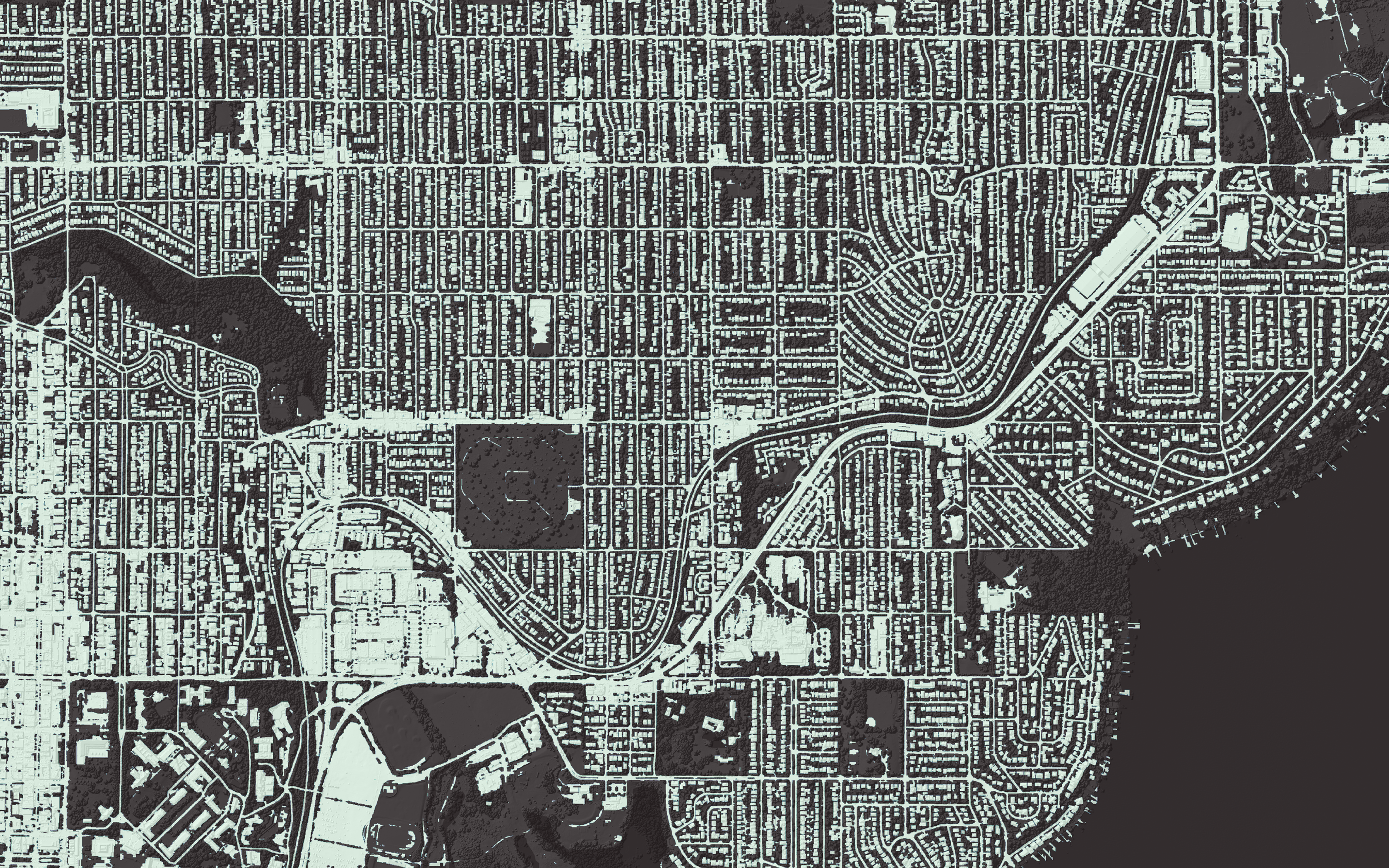As we work to accelerate green infrastructure and other nature-based solutions to adapt to climate change impacts, clean polluted stormwater runoff, and support healthy spaces for people and nature, a key need is cultivating a workforce with the skills, interest, and sustainable funding support to design, install and maintain these features.
Building this workforce within Washington State and across the country is a challenge – the recent White House report “Accelerate Nature-Based Solutions: A Roadmap for Climate Progress, Thriving Nature, Equity and Prosperity” highlighted this capacity gap including insufficient and uncoordinated funding, limited workforce knowledge and skills, and gaps in evidence of the effectiveness of programs.
Addressing workforce development a critical step in implementing effective nature-based solutions. Credit: Michael B Maine.
Within Central Puget Sound, a collaborative of cross-sector representatives is seeking to address similar challenges, particularly within the green stormwater infrastructure (GSI) field. Launched in 2020, the GSI Workforce Collaborative identified three key challenges that were limiting a sustainable green infrastructure workforce:
Inequitable and unreliable career opportunities
Funding instability to consistently support a workforce
Lack of cross-sector coordination within the field.
The Collaborative aims to serve as a space to both problem-solve around significant challenges in the GSI workforce development space, and to co-create projects and products that serve as solutions to these challenges. (See Building Equitable and Sustainable Careers Report )
To better understand the existing landscape of GSI training and career opportunities, the GSI Workforce Collaborative commissioned a report by the Seattle Jobs Initiative (SJI) with a focus on the GSI workforce ecosystem as well as understanding the gaps and opportunities to increase access and equity within the GSI field in the Puget Sound Region. Through a literature review, data analysis and interviews, the resulting report and associated dashboard look at GSI Lifecycle and Occupations; Career Paths and Accessibility, including wages; and Workforce Demographics.
This report highlighted several recommendations to support access and equity within the GSI field. When combined with discussions within the GSI Workforce Collaborative and other practitioners, there are clear areas of focus that we can collectively address to support growth of the green infrastructure workforce:
Support local economic growth by increasing direct community engagement and accessibility to the job skills/training needed for the design, implementation, and maintenance of green infrastructure.
Expand opportunities for entry-level positions within green infrastructure to support skill-building and highlight potential career pathways that build from entry level positions
Increase wages for those engaged in the work of green stormwater infrastructure, particularly in the field of installation and maintenance
Through collaboration between educators, practitioners, and employers, build visibility and clarity around the relevant skills for these roles, including experience needed to progress in the field, to grow and train an equitable green infrastructure workforce
Within this, explore a more formalized certification for the skill set related to these roles.
Workforce development is key to Implementing green stormwater infrastructure at the pace and scale necessary to meet the current needs of Puget Sound. Credit: Michael B. Maine.
These recommendations will take a collective effort – at the local, regional, and state levels – to move forward. There are individuals, community-based organizations and small businesses that are already doing the work in their communities to build skills and support green infrastructure at the local scale. TNC and the GSI Workforce Collaborative are developing opportunities to ensure the funding and structures are in place to support these efforts long-term and expand access to diverse communities in our region.
Within the South Salish Sea from Whatcom to Thurston Counties, the GSI Workforce Collaborative invites those interested to join us in this work. Connect with Hannah Kett, hannah.kett@tnc.org to learn about ongoing opportunities to engage in this work.






















